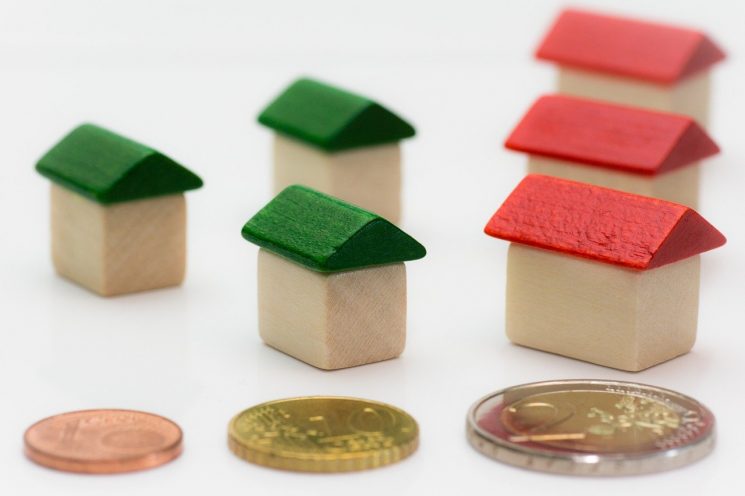Buying a house is something that many people who are tired of renting look forward to. However, many people end up with regrets due to the costly mistakes they make when buying a home. This is especially the case with first-time buyers. The joy and happiness of having a place you can call your home clouds the judgment of many home buyers to the point they end up overstretching themselves financially. To avoid making decisions based on emotions, it is crucial you assess your finances and the situation at hand before deciding to purchase a house. Because buying a house is a huge financial decision, I have outlined a few tips below to help you avoid the costly mistakes many home buyers make.
Conduct Market Research
If you embark on buying a home without doing a market survey, you are most likely going to settle for the first home you come across. This is the first mistake that many prospective home buyers make. Most of the time, the first deal you get when you embark on buying a home is never the best one. Doing a market survey helps you compile information about the real estate market and mortgage deals. When you conduct market research, the information you gather comes in handy when negotiating with different home sellers for a better deal. As for the mortgage deals, you will be able to compare and contrast the different conditions and interest rates and settle for a mortgage lender with the best deal.
Draft a Budget
Financially conscious people always set a budget when they want to buy something. This should also be the case when you want to buy a home. Without a budget, you will likely make a decision that will haunt you financially for a long time. When coming up with a budget for the home you want to buy, you should use the information gathered during market research and take into consideration your income and financial obligations. There are many costs associated with buying a home other than the price of the house. If you engage the services of a real estate agent, you should factor in the agent fee. Also, it is best to have a legal representative to guide you and handle all the legal paperwork for you. This means you also need to factor in the lawyer’s fee. Other costs you should factor in are property taxes, insurance and repair costs. Drafting a budget is essential, but it more crucial to stay within the budget.
Thoroughly Research and Inspect the House You Have Chosen
Before settling on the price with the property seller and signing any document, it is important you inspect the house. An inspection helps you identify any repairs and paint works the house needs, hidden cracks and other things that can influence the price of the house. After identifying the repairs needs of the house, you can agree on who will cover the costs before settling on the price. Also, research on the house with the local authorities to identify if the house sits on land set for future government projects, if there are any accrued land rates and legal problems.
Ensure You Have the Finances
Before you sign any purchase agreement, ensure you have the required finances. If you intend on buying a house using a mortgage, ensure you are preapproved for the mortgage before taking any further steps. Just because you have a good credit score is not a guarantee you will automatically get approved for a mortgage. Mortgage lenders look at various things before approving someone for a loan. Therefore, ensure you have the finances in place before committing yourself to buy something that will burden your financially.
Purchase at a Property Auction
Many property owners face foreclosure now and then due to their inability to service debts. As a result, lenders are forced to put up the properties of those who owe them for auction to recover the money owed. Usually, lenders sell the properties at prices lower than their market value. This is a good chance for you to get a home at a great bargain. Therefore, if you do not want to overstretch your finances, look out for property auctions, and maybe you can find your dream home.





